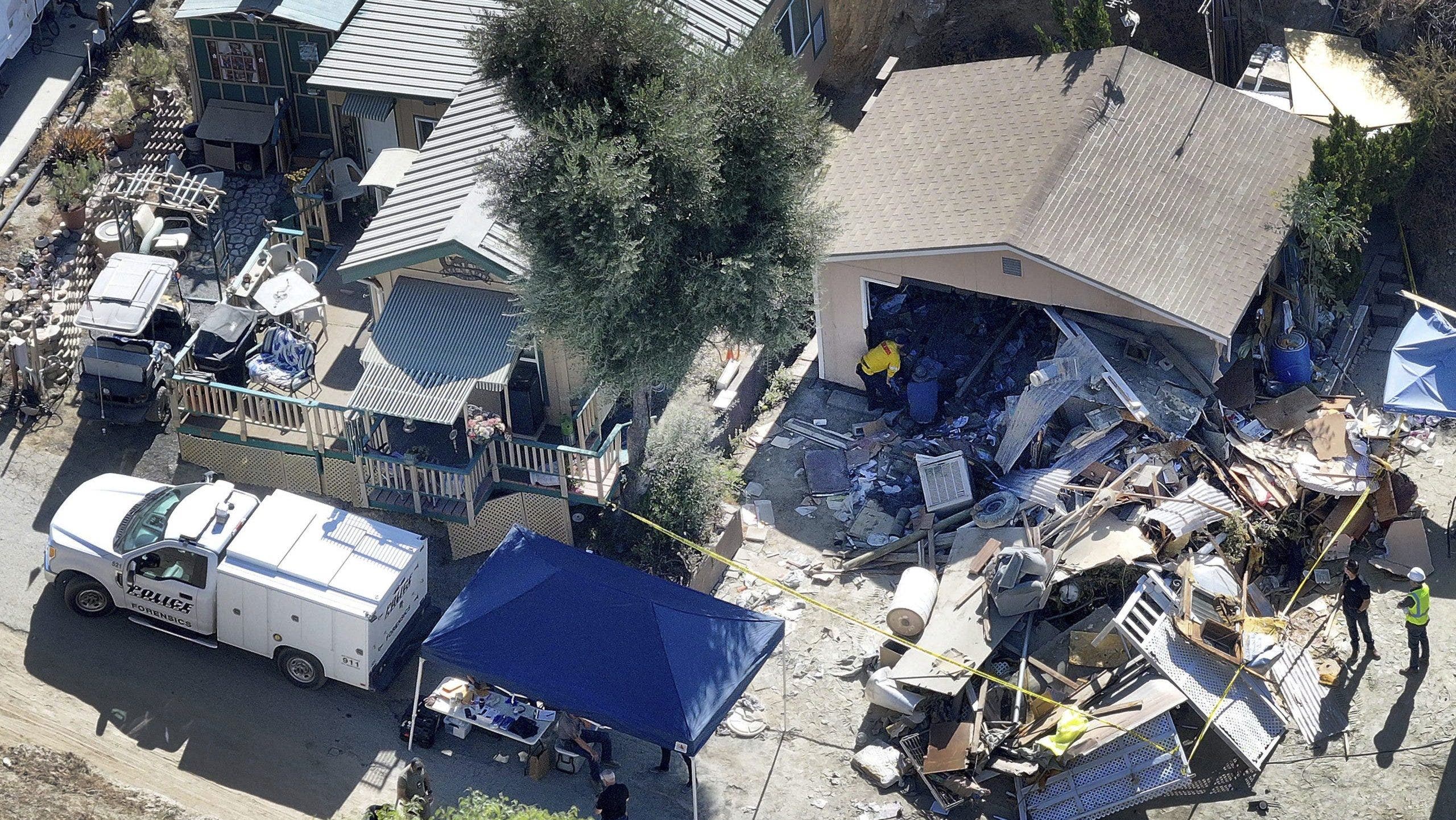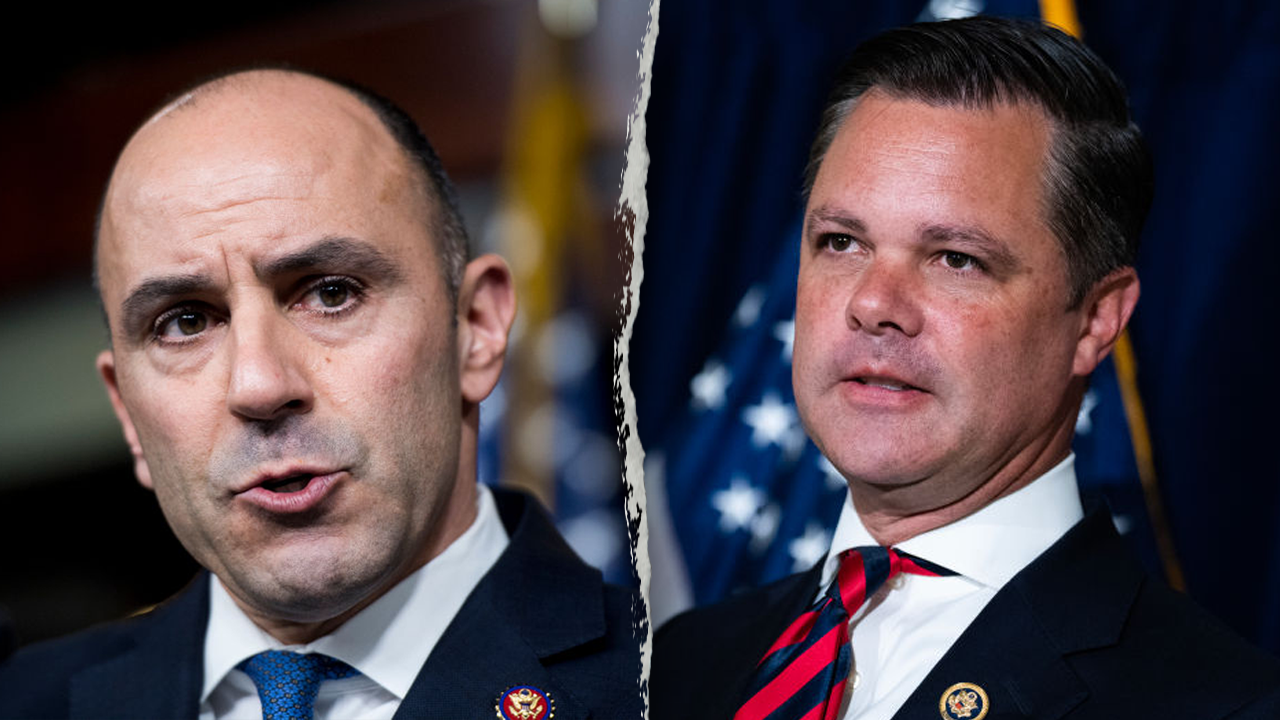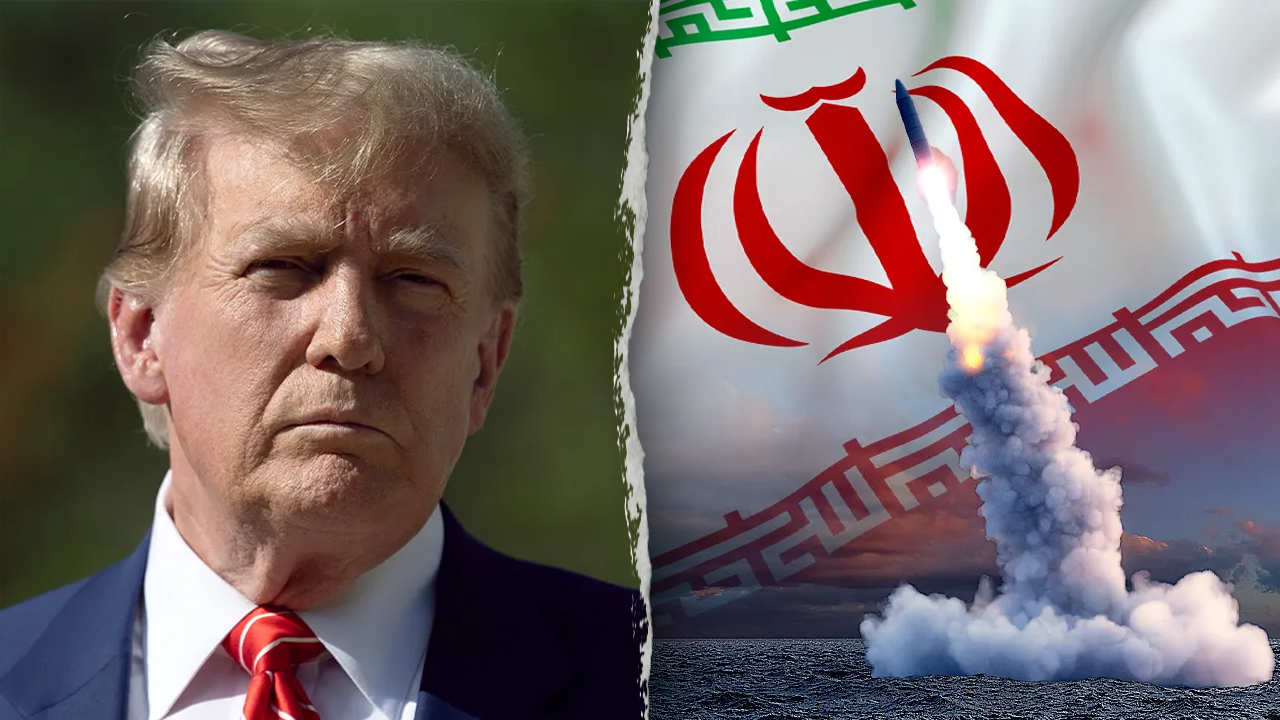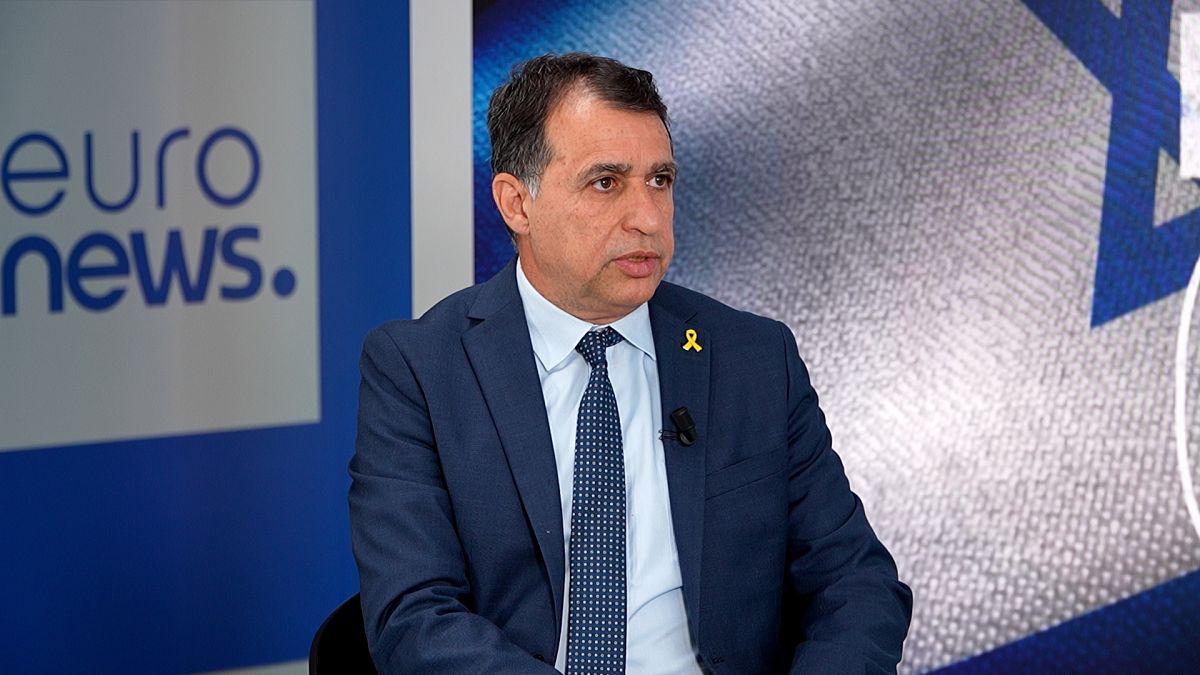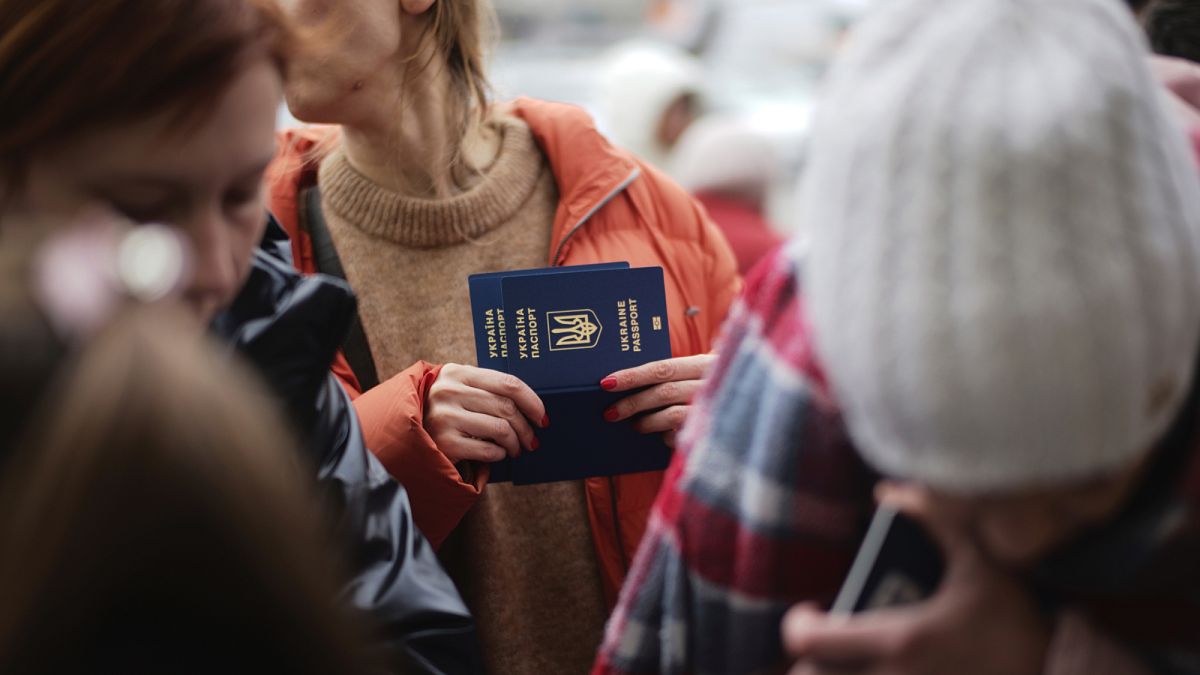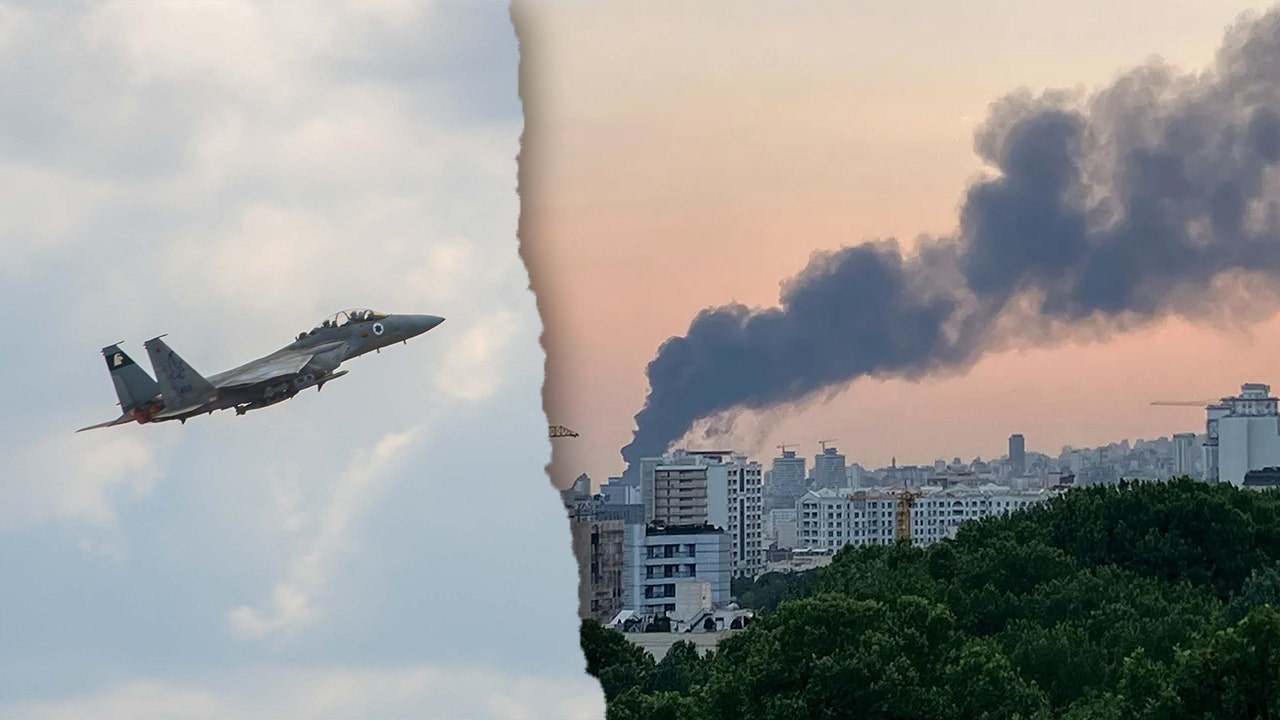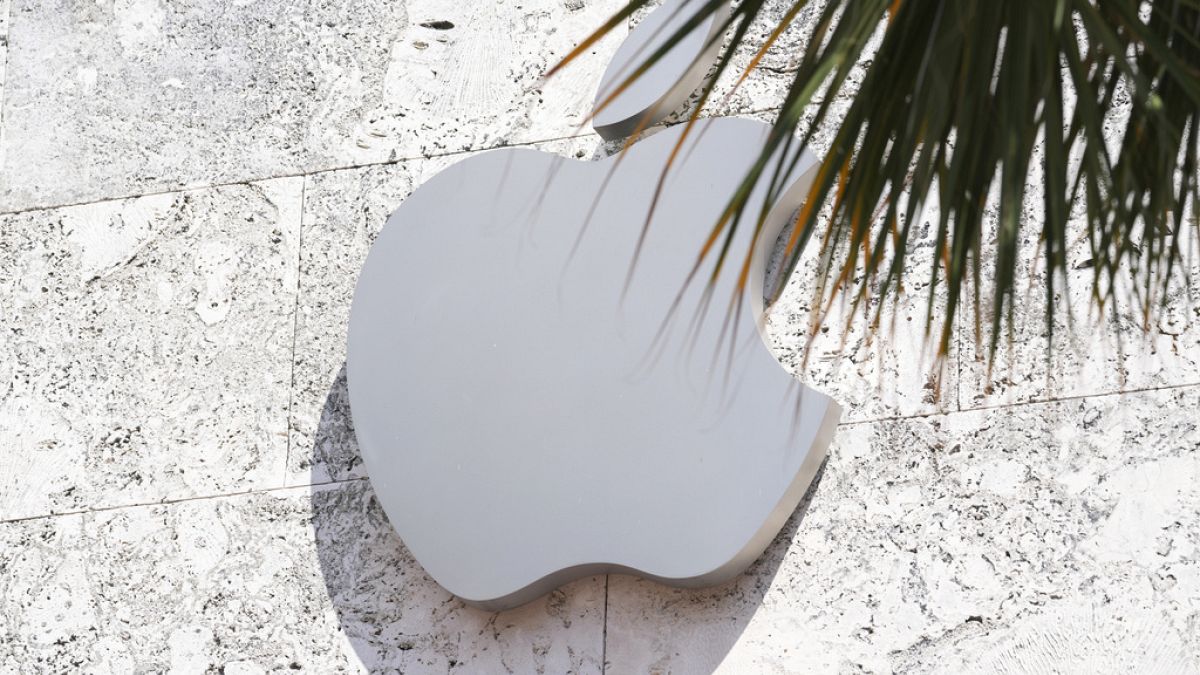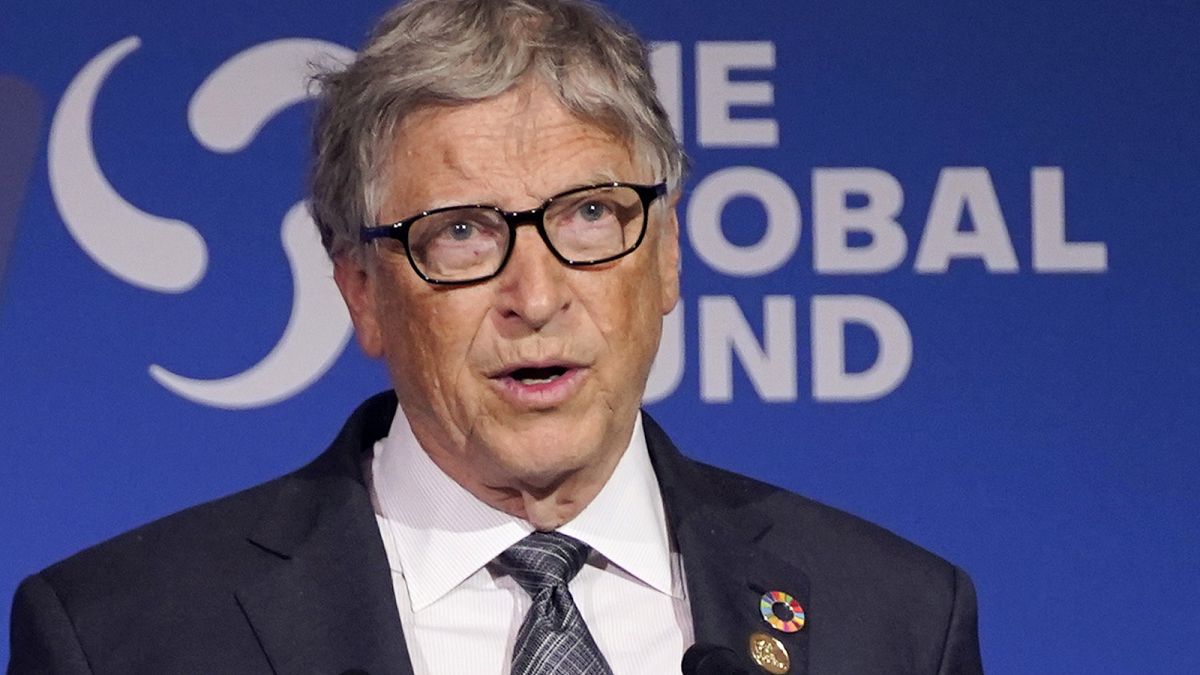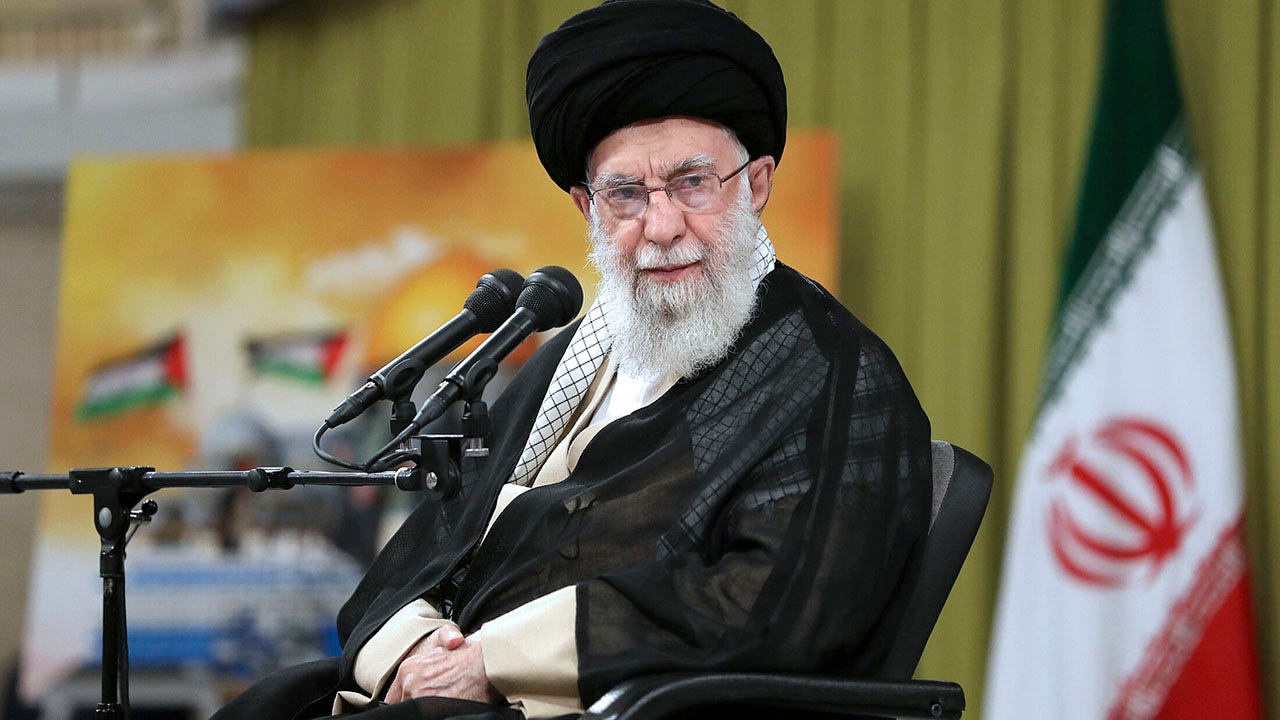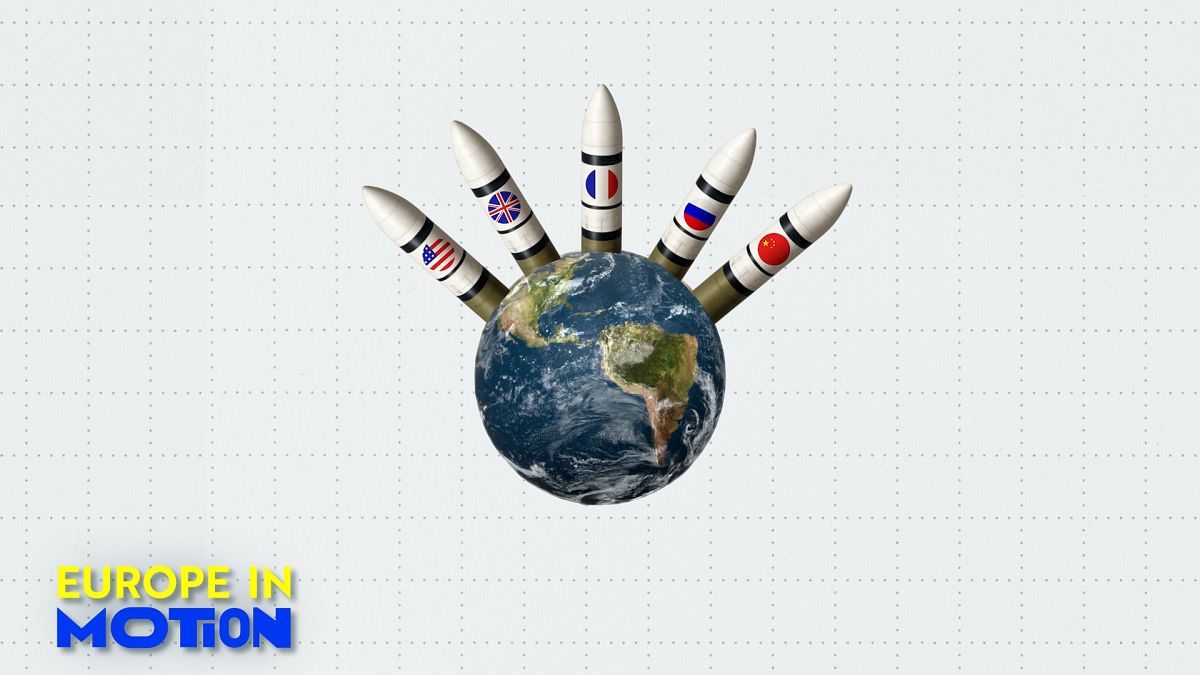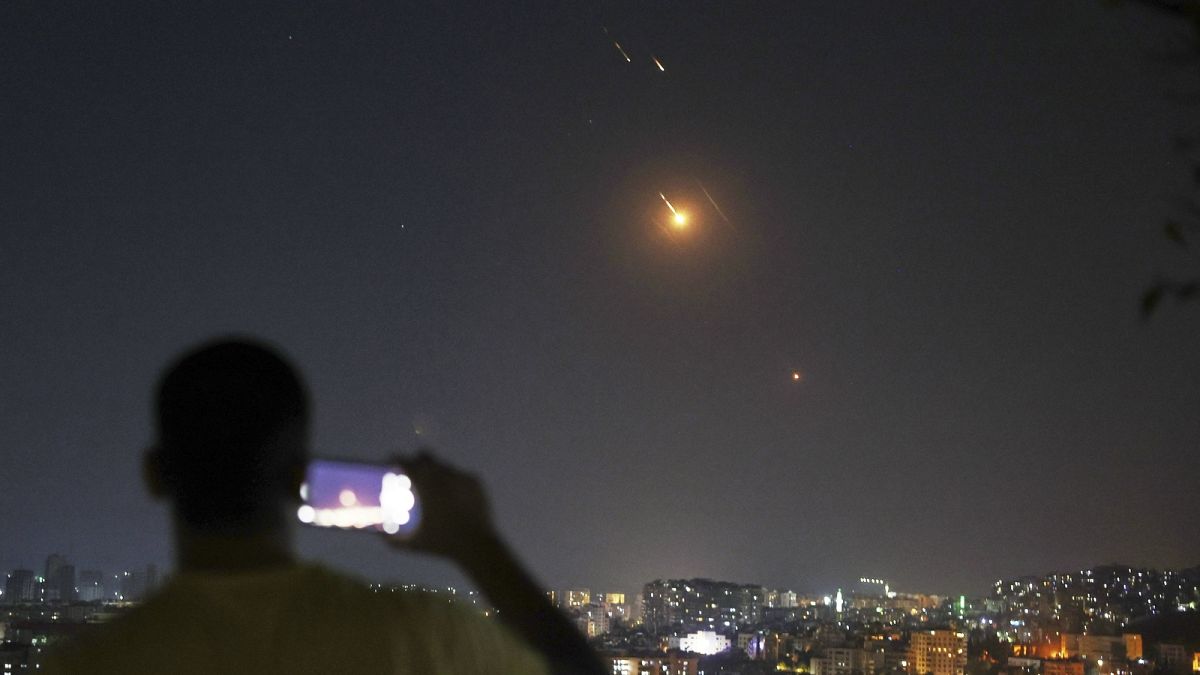“Iran possesses a threat not only to Israel, (but also) to the region and to Europe,” Israel’s ambassador to the European Union and NATO, Haim Regev, told Euronews in an interview on Thursday.
“They are involved in promoting terror, they are involved with provocation, they are involved in many, many acts. So they are already the main cause for instability in the region and for the world,” he explained.
Regev was speaking to Euronews as day seven of the escalating conflict between Israel and Iran shows no sign of ending.
Early on Thursday, Iran fired 20 ballistic missiles at Israel, with one striking the Soroka Medical Centre inBe’er Sheva.
The barrage from Iran appeared to be in direct retaliation for Israeli strikes on Tehran’s nuclear infrastructure the previous day.
“Iran has a clear plan for the annihilation of the state of Israel,” Regev said.
“In the last period, we saw that Iran is accelerating its programme, its plan, in two main aspects. First of all, its nuclear programme and second, production of missiles, surface-to-surface missiles. So we come to a point where we saw we need to act to remove this threat.”
Israel launched a surprise attack on Iran on Friday morning, killing several key figures from within the country’s security apparatus and a number of nuclear scientists.
The first wave of strikes, which involved around 200 fighter jets, took out at least four senior Islamic Revolutionary Guard Corps (IRGC) commanders, as well as hitting nuclear and military targets across the country.
But Regev dismissed the idea that the main target of the IDF operation is regime change in Iran.
“The target of this military operation is to remove the nuclear threat and the missile threat. As I mentioned, Iran has a concrete and operative plan. And this is the main goal of this, our military operation right now,” he told Euronews.
A war of words
The conflict has also led to an escalating war of words, particularly between US President Donald Trump and senior Iranian officials.
When asked by reporters on Wednesday whether he intended to bring the US military into the conflict to strike Iran alongside Israel, Trump said, “I may do it, I may not do it. Nobody knows what I’m going to do.”
While Trump appeared to avoid a direct commitment to military action, Israel’s Prime Minister Benjamin Netanyahu interpreted his comments as a show of support and, in a television address later on Wednesday evening, thanked Trump for “standing by us”.
Into that mix came Iran’s mission to the United Nations, which said no officials from the country would “grovel at the gates of the White House” to reach a nuclear deal with the United States.
And it’s Iran’s nuclear programme which sits at the core of the current military escalation.
Iran was previously subject to an international nuclear deal known as the Joint Comprehensive Plan of Action (JCPOA) which saw the country receive sanctions relief in exchange for strict limits on its nuclear activities.
During his first term in office, Trump withdrew the US from the pact in 2018, slamming it as “The worst deal ever negotiated” and slapping new sanctions on Iran.
Since then, the other signatories to the deal have scrambled to keep Iran in compliance, but Tehran considers the deal void and has continued with uranium enrichment, which at current levels sits at 60%.
That’s still technically below the weapons-grade levels of 90% but is still far above the 3.67% permitted under the JCPOA.
Iran maintains that its nuclear programme is peaceful and purely for civilian purposes. Israel, on the other hand, says Tehran is working towards the construction of a nuclear weapon, which could be used against Israel.
“We, as democracy, when we go to a war, it’s only if we do not have a choice or it was initiated by the other side. So we went to this war because we didn’t see any other choice,” Regev said.
“Israel did not come here to solve the problem of the world. Israel come here to solve its own threat that come from Iran. But due to the success, I see here an opportunity.”
“And I hope that diplomacy will play a role, but this time will be more concrete, practical with the specific outcomes,” Regev concluded.
Read the full article here




